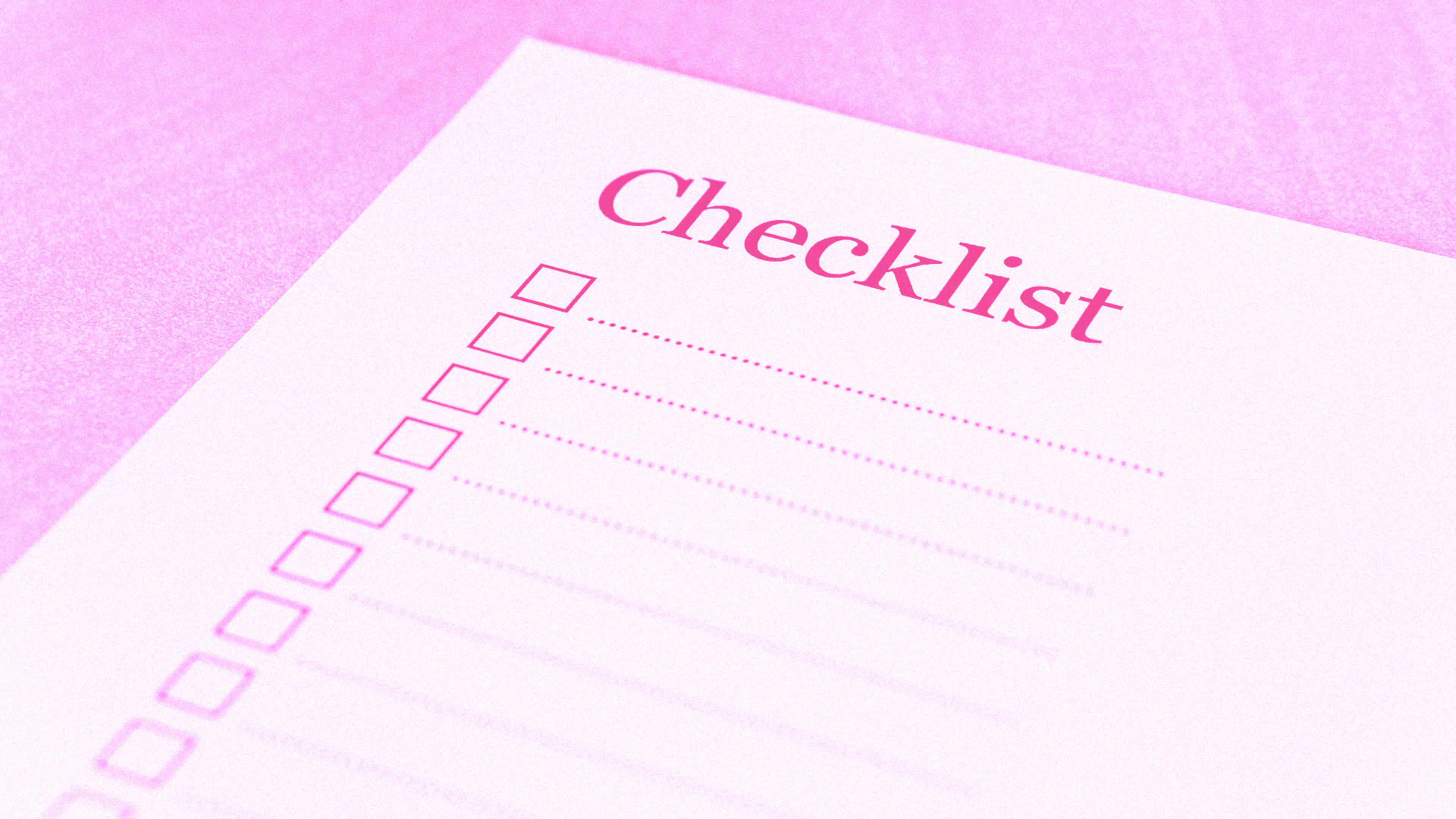When you’re preparing for a job interview, many things go through your mind. Most of them involve what you need to say and the questions you’ll need to answer. But don’t forget–there are also a handful of physical items you’ll want to bring along. Wondering what to bring to an interview? Use this as your checklist:
1. Directions and contact info
Odds are, you wouldn’t leave the house without it anyway, but make sure to bring your phone with you so you can enter the directions to your interview location, especially if you’ve never been there before. If you don’t have a smartphone capable of GPS navigation, print out directions. The worst thing you can do is get lost, which will make you late, which will likely prevent you from moving forward in the interview process. On your phone’s notepad app, or on the directions you’ve printed out, write out the name and contact information of your interviewer(s). This way, if something does go wrong on your way to the interview, you can let them know. This will also help ensure that you don’t forget your interviewer’s name–a major faux pas.
2. Identification
It’s not quite as common nowadays, but you never know if you’ll be asked for identification, so it’s worth bringing anyway. When in doubt, ask the person who set up your interview in advance–better safe than sorry!
3. Business card
As a job seeker, business cards are great for networking and interviewing. Your business card should include your name, job title, email, phone number and any other contact information you think is important. Give your card to your interviewer, or anyone else you talk to about the job.
4. Notepad and pen
You may be used to taking notes on your laptop or phone, but in interviews, it definitely looks better if you have paper and a pen handy to jot down notes like people to contact, addresses or anything else mentioned in the interview that you want to remember later. Being prepared with your own supplies to capture important information that your interviewer provides you with is a surefire way to make you look proactive and thoughtful.
5. Resume
Print out a few copies of the most updated version of your resume. You should also have extra copies in case you need to reference it during the interview–or if extra interviewers show up.
6. References
Bring an updated list of your references. Your interviewer may or may not ask for these, but again, it’s best to be over-prepared. The list should have at least three professional references, along with how they know you and how to contact them.
7. A Portfolio
Depending on the kind of job you’re after, it might be valuable to bring a portfolio of your past work. This can be a folder, binder or even a website shown on your tablet. Your portfolio should be organized in a way that makes it easy to reference during your interview. The contents of your portfolio will depend on your profession, but there should be quality examples of your work and accomplishments.
8. Questions
At the end of every interview, you will be asked if you have any questions. Have a list of questions ready to go so you’re prepared. These questions can be about the rest of the hiring process, company culture or anything else you’re interested in, but remember: You want to your questions to be specific and reflect the fact that you’ve done research, so your interviewer can see your true interest in the position.
When thinking about what to bring an interview, a lot of things come to mind, but the eight above are the most essential. While they might seem simple, it’s important not to forget them–they really might make a difference on the day of your interview.
Recognize your brand's excellence by applying to this year's Brands That Matters Awards before the early-rate deadline, May 3.
